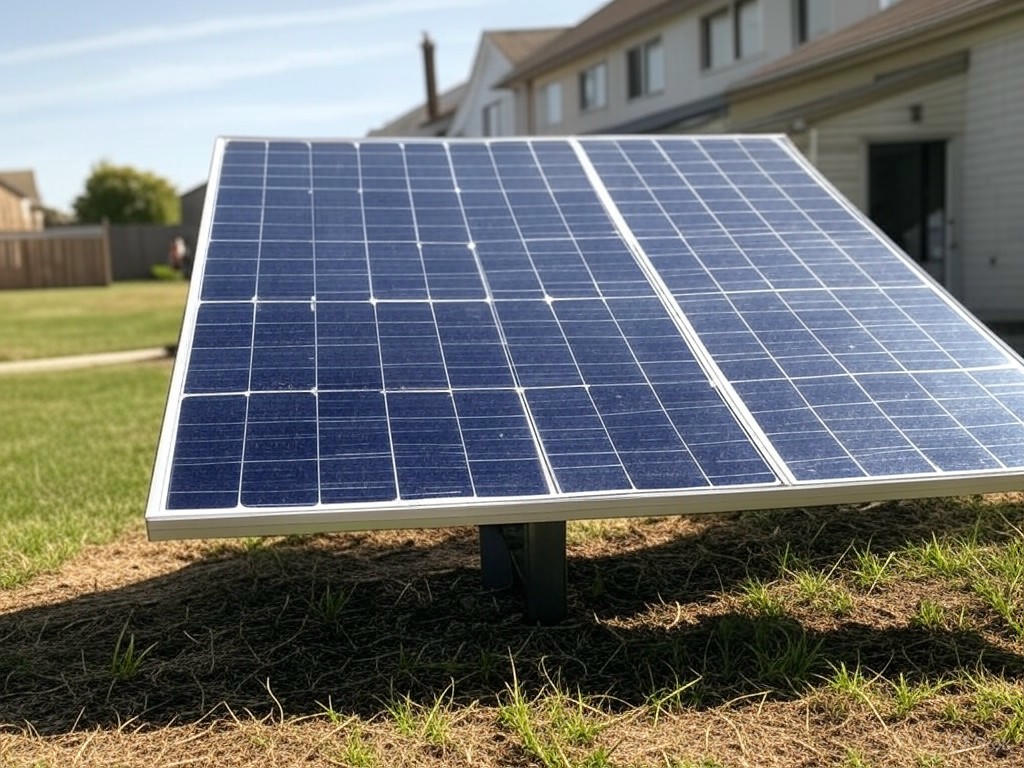Shifting Winds: Declining Support for Renewable Energy Among Key U.S. Groups
In a surprising turn of events, public enthusiasm for renewable energy sources like solar power and offshore wind appears to be waning among some key political demographics in the United States. Recent polling data from a respected research collaboration reveals that Democrats and independents, traditionally strong advocates for green energy initiatives, are showing signs of cooling support. This shift raises critical questions about the future of sustainable energy policies in a nation striving to combat climate change.
The poll, conducted in mid-2025, highlights a noticeable dip in approval for solar and offshore wind projects among these groups. While these energy sources were once heralded as cornerstones of a cleaner future, economic concerns, project delays, and localized opposition may be contributing to this change in sentiment. For Democrats, who have often positioned themselves as champions of environmental progress, the decline could signal growing frustration over the practical challenges of implementing large-scale renewable projects. Independents, known for their swing opinions, might be swayed by rising costs or perceived inefficiencies in the transition to green energy. This evolving perspective could complicate legislative efforts to push forward ambitious climate goals.
Several factors seem to be at play in this unexpected trend. High-profile offshore wind projects along coastal regions have faced significant pushback from local communities concerned about environmental impacts on marine life and disruptions to scenic views. Additionally, the economic burden of funding such initiatives has come under scrutiny, especially as inflation and other financial pressures weigh on American households. Solar energy, while more widely accepted, has also encountered hurdles, including supply chain issues for panels and debates over land use for large installations. These challenges have likely fueled skepticism, even among those who once viewed renewables as an unequivocal solution to the climate crisis.
Industry experts suggest that this decline in support does not necessarily indicate a rejection of renewable energy as a concept but rather a demand for better execution and transparency. Advocacy groups and policymakers may need to address public concerns by focusing on community engagement, ensuring that projects are both environmentally and economically viable. There’s also a growing call for innovation in how these technologies are deployed—perhaps through smaller, less intrusive installations or improved energy storage solutions to maximize efficiency.
As the United States continues to grapple with the urgent need to reduce carbon emissions, this shift in public opinion serves as a reminder that the path to a sustainable future is far from straightforward. Bridging the gap between idealism and practicality will be essential for maintaining momentum in the renewable energy sector. For now, stakeholders must listen to the concerns of Democrats and independents alike, adapting strategies to rebuild trust and enthusiasm. The coming years will test whether the green energy movement can overcome these hurdles and reclaim its once-unshakable support, ensuring that the fight against climate change remains a united effort.


